In a time when tech changes industries fast, marketing leaders must adapt or fall behind. Traditional AI has changed data analysis and customer insights. Now, a new frontier is rising. Agentic AI is set to change B2B marketing. This evolution will make a big impact on how machines work. For CMOs, VPs of Marketing, and marketing leaders, using this technology is a must. It’s key for strategy.
Understanding Agentic AI Which is Beyond Automation
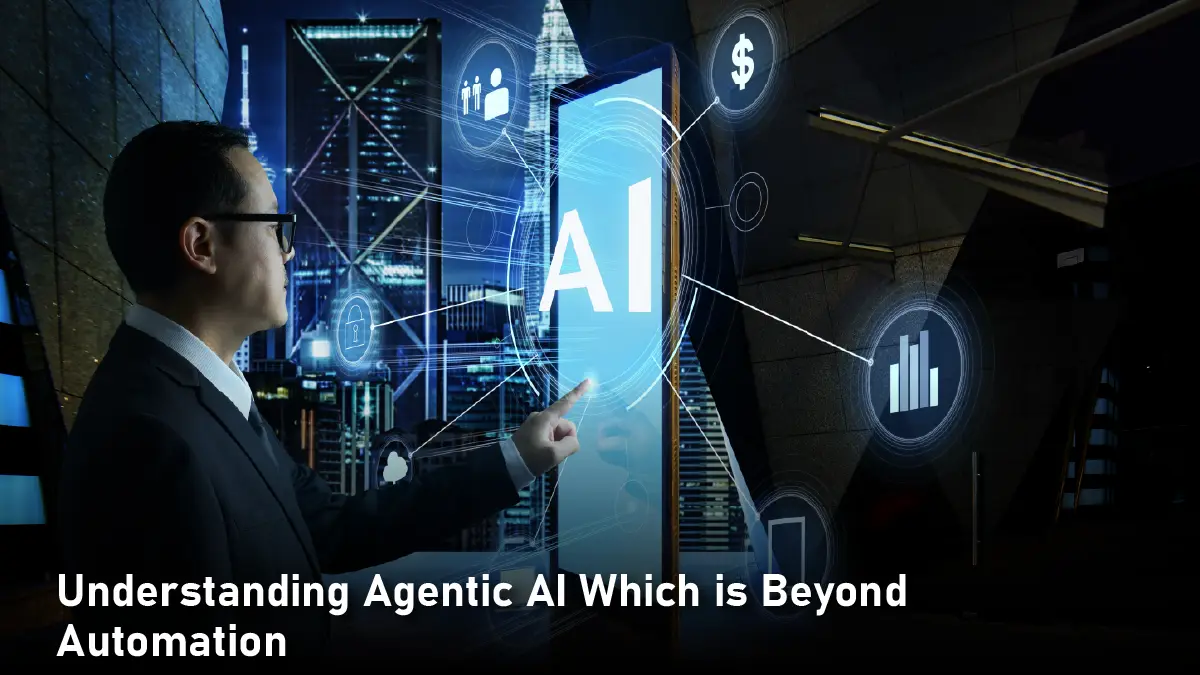
Agentic AI marks a big change. It moves us from reactive tools to proactive systems. These systems can make decisions on their own. Agentic AI works differently from traditional AI. It doesn’t just analyze data and give suggestions. Instead, it can start tasks on its own. It also adjusts its strategies in real time. This allows it to reach specific goals without needing constant human guidance. Picture a marketing campaign that finds valuable leads. It personalizes outreach, adjusts budgets across channels, and optimizes messaging. Best of all, it does this without any manual work. This is the promise of Agentic AI.
Agentic AI uses machine learning, natural language processing, and predictive analytics. This technology mimics human judgment. It might look at a prospect’s past engagement. Then, it can predict how likely they are to convert. It automatically sends tailored content to guide them through the sales funnel. The result? A seamless alignment of strategy and execution that accelerates outcomes.
Also Read: Brand Identity Crisis? 7 Signs Your Business Needs a Brand Refresh
Why Agentic AI Demands Immediate Attention
The competitive landscape of B2B marketing is unforgiving. Buyers expect hyper-personalized experiences, rapid response times, and solutions that anticipate their needs. Traditional methods depend on manual processes and scattered systems. They find it hard to meet these demands. Agentic AI tackles these challenges directly. It helps marketers boost precision and agility.
Consider the resource-intensive nature of account-based marketing (ABM). Crafting individualized campaigns for hundreds of high-value accounts requires immense effort. Agentic AI can segment accounts on its own. It generates custom content and uses multichannel strategies. This allows teams to focus more on creative and strategic tasks. Early adopters see big boosts in campaign performance. Some notice shorter sales cycles and higher conversion rates. Notably, companies implementing ABM have experienced a 208% increase in marketing-generated revenue.
Moreover, the velocity of decision-making in B2B markets leaves little room for hesitation. Agentic AI analyzes large datasets quickly. It spots trends and anomalies that human analysts may miss. For instance, during a product launch, it can spot regional demand spikes. Then, it quickly shifts ad spending to take advantage of new opportunities. This dynamic responsiveness changes marketing from a reactive task to a proactive growth engine.
Transforming B2B Marketing
Agentic AI is useful throughout the marketing lifecycle. It adds real value at each stage.
Campaign Management and Optimization
Traditional campaign management often uses trial and error. Marketers adjust tactics based on past data. Agentic AI, however, operates in a continuous feedback loop. It predicts which creatives will connect with certain audiences. It also tests variations on its own and scales up the successful methods. A global software company used Agentic AI to handle its LinkedIn ads. The system improved bidding strategies and targeted the right audience. It adjusted messaging, leading to better lead quality and lower acquisition costs.
Predictive Lead Scoring and Nurturing
Not all leads are created equal. Agentic AI improves lead scoring. It uses behavioral signals, firmographic data, and web intent signals. It then prioritizes prospects most likely to convert and triggers personalized nurture sequences. A cybersecurity firm used this approach and saw more sales-qualified leads. They credited their success to AI. It identified and engaged decision-makers at key points in the buyer journey.
Content Creation at Scale
Producing relevant content for diverse buyer personas is a perennial challenge. Agentic AI helps by creating drafts, suggesting improvements, and customizing messages. It works for different industries and roles. A martech provider used this technology to automate whitepaper creation. This led to a steady flow of SEO-optimized content. As a result, organic traffic increased, and the brand became a thought leader.
Customer Retention and Expansion
Churn prevention and upsell opportunities often hinge on timely interventions. Agentic AI monitors customer usage patterns, predicts attrition risks, and initiates retention campaigns. For a SaaS company, this meant giving custom training to users who seemed disengaged. This strategy helped lower churn and boost annual contract value. Firms with aligned marketing and sales functions achieve up to 36% higher customer retention rates.
Navigating Challenges Such as Ethics, Integration, and Adoption
While the benefits are compelling, Agentic AI introduces complexities that demand careful consideration.
Ethical and Transparent Use
Autonomous systems must operate within ethical guardrails. AI algorithms can be biased. They can also raise privacy concerns. It’s important that they are transparent in their decision-making. These are important issues. Marketing leaders must make sure that Agentic AI matches the organization’s values. It also needs to follow rules like GDPR. Partnering with ethical AI vendors and establishing clear accountability frameworks is essential.
Integration with Existing Systems
Legacy marketing stacks often lack the infrastructure to support Agentic AI. Siloed data, incompatible platforms, and outdated workflows can hinder implementation. Successful integration needs a step-by-step plan. Start with pilot projects, then ensure data works together. After that, gradually expand across functions. Collaboration between IT and marketing teams is crucial to overcoming technical barriers.
Cultural Shifts and Skill Gaps
The rise of autonomous AI may spark concerns about job displacement. However, the real opportunity lies in upskilling teams to work alongside AI. Marketing professionals will move from doing repetitive tasks to managing AI systems. They will interpret insights and drive innovation. Training programs build a culture of flexibility. They help organizations fully use AI’s power.
The Future of Marketing Includes Human-AI Collaboration
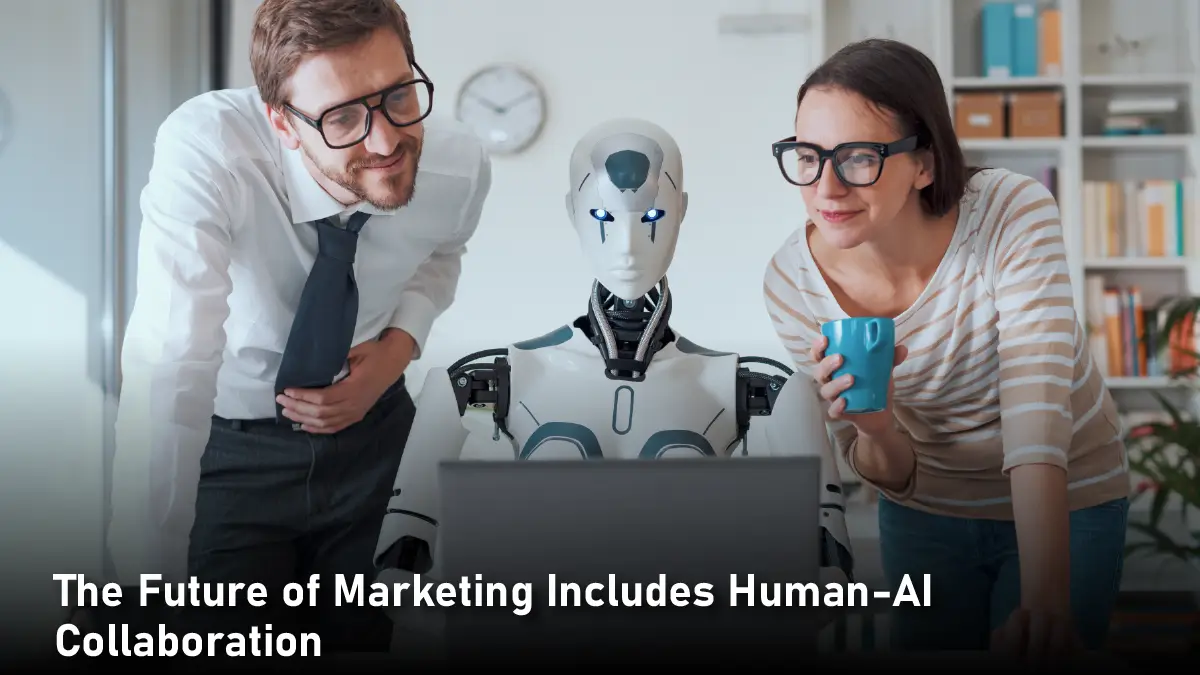
Agentic AI is not a replacement for human creativity but a catalyst for it. As the technology matures, its role will expand beyond execution to strategic collaboration. Picture AI systems that help marketers create campaign ideas. They can simulate different strategies and provide real-time market insights. The future is for leaders who see AI as a partner. It boosts human creativity.
Preparing for an Agentic Future
To stay ahead, B2B marketing leaders must act decisively. Start by checking current processes to find spots where autonomy can boost efficiency. Look at lead nurturing, content distribution, and budget allocation, for instance. Next, evaluate AI vendors with a track record in ethical, transparent solutions. Focus on platforms with explainability features. This way, you can track and justify AI-driven decisions.
Finally, foster a culture of experimentation. Start pilot programs to test Agentic AI in controlled settings. Measure the impact and make changes as needed. Encourage teams to embrace AI as a tool for empowerment, not a threat.
Conclusion
Agentic AI represents a watershed moment for B2B marketing. Its ability to carry out complex strategies on its own is impressive. It can also personalize things for many people and adapt quickly. This gives a unique edge over competitors. Yet, its true power lies not in replacing humans but in elevating their capabilities. For marketing leaders, ignoring this shift isn’t just a missed opportunity; it’s a risk to relevance.
The way ahead needs clear vision, strong ethics, and a readiness to change old habits. Embracing Agentic AI helps CMOs and marketing leaders. It boosts efficiency, sparks innovation, and drives growth. The future of marketing is autonomous. The question is: Will you lead the charge or follow?

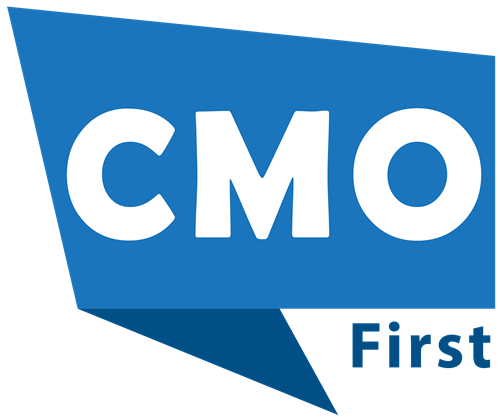

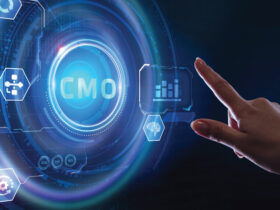


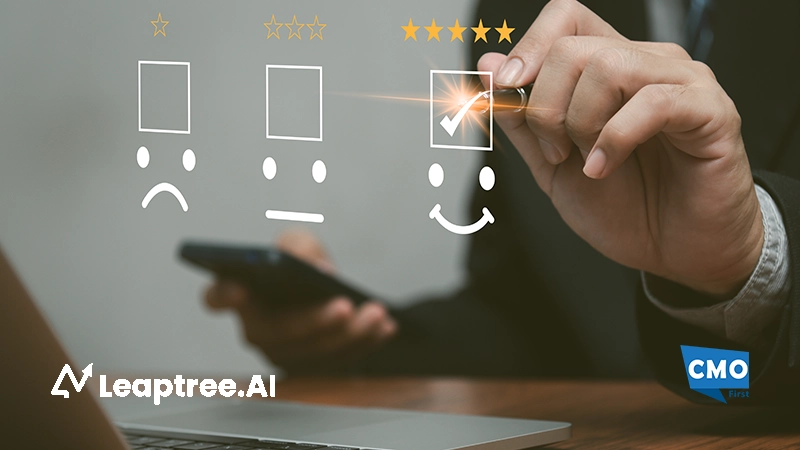
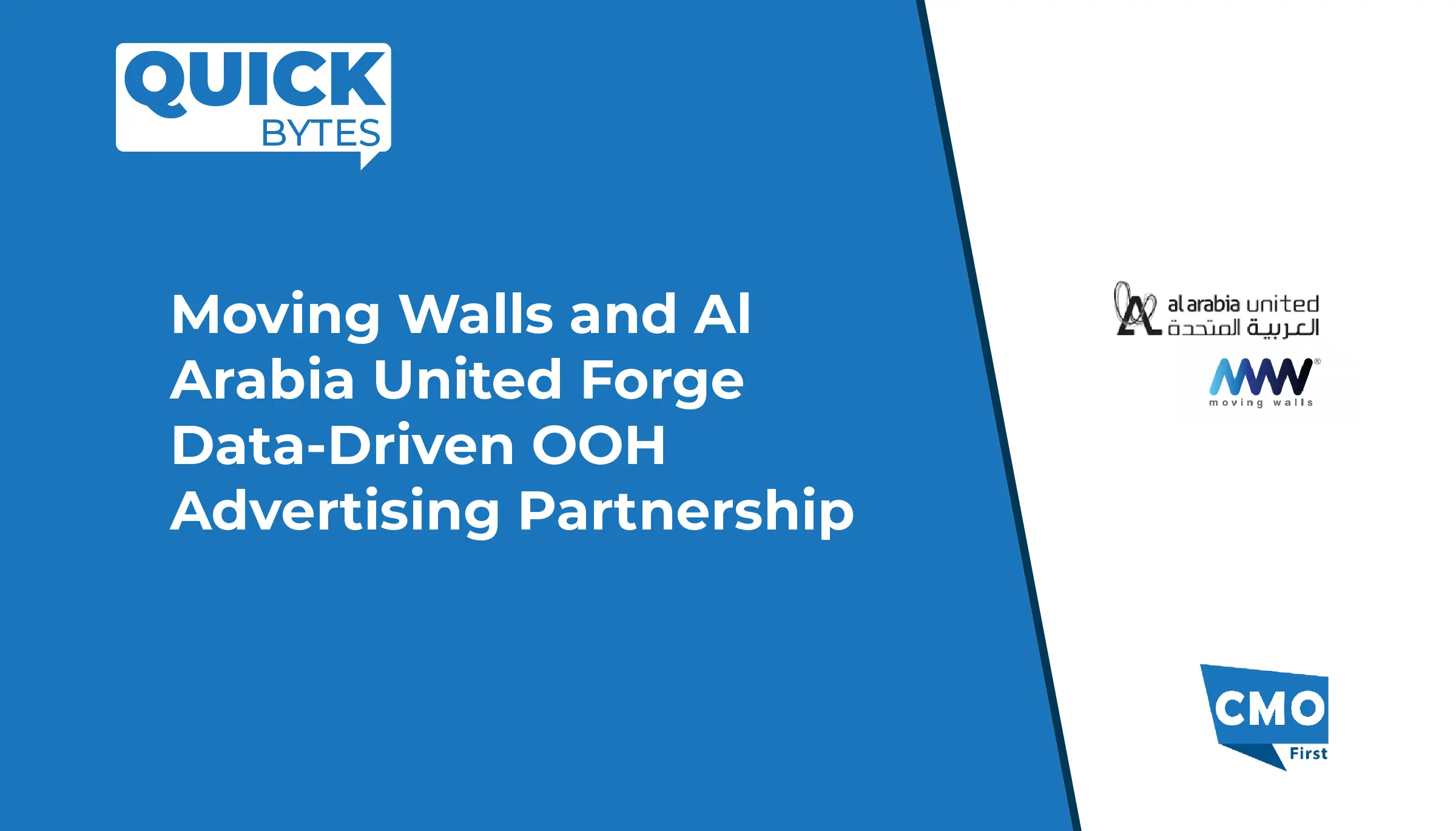
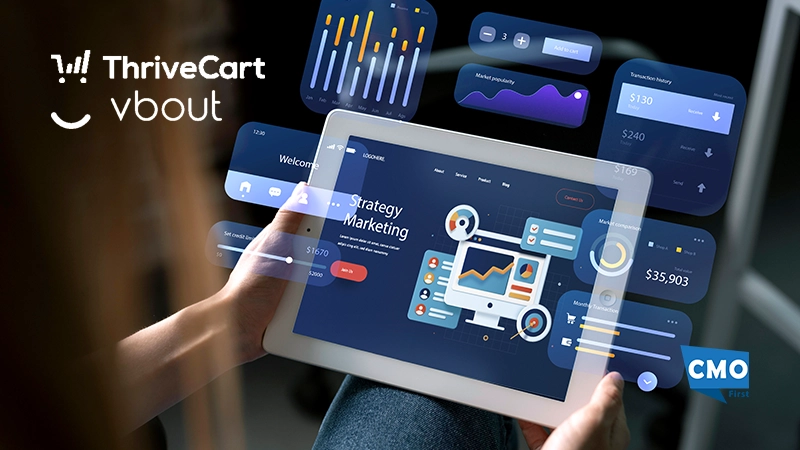

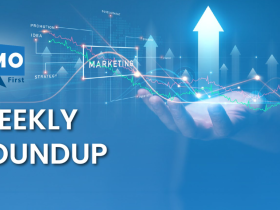
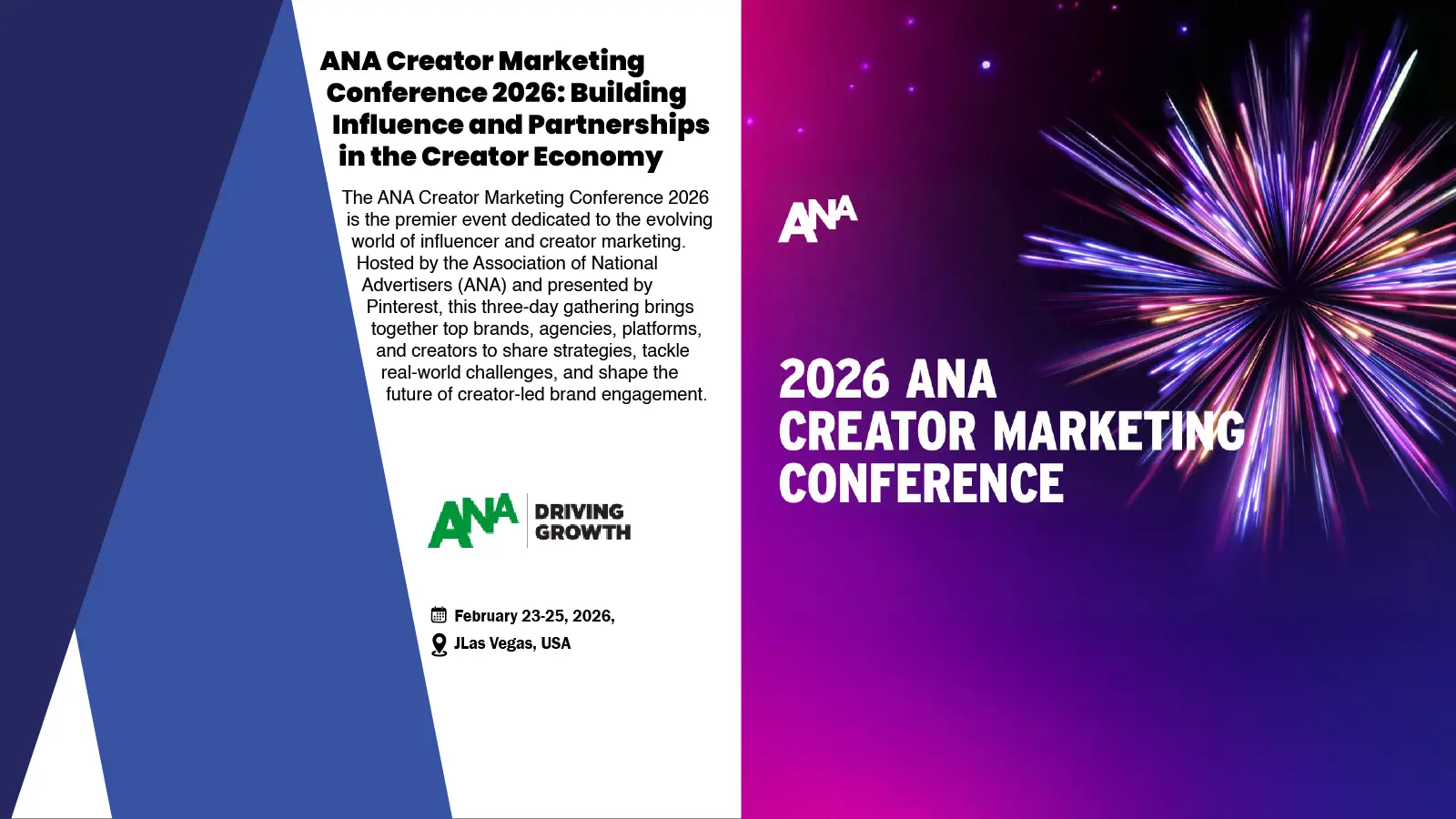
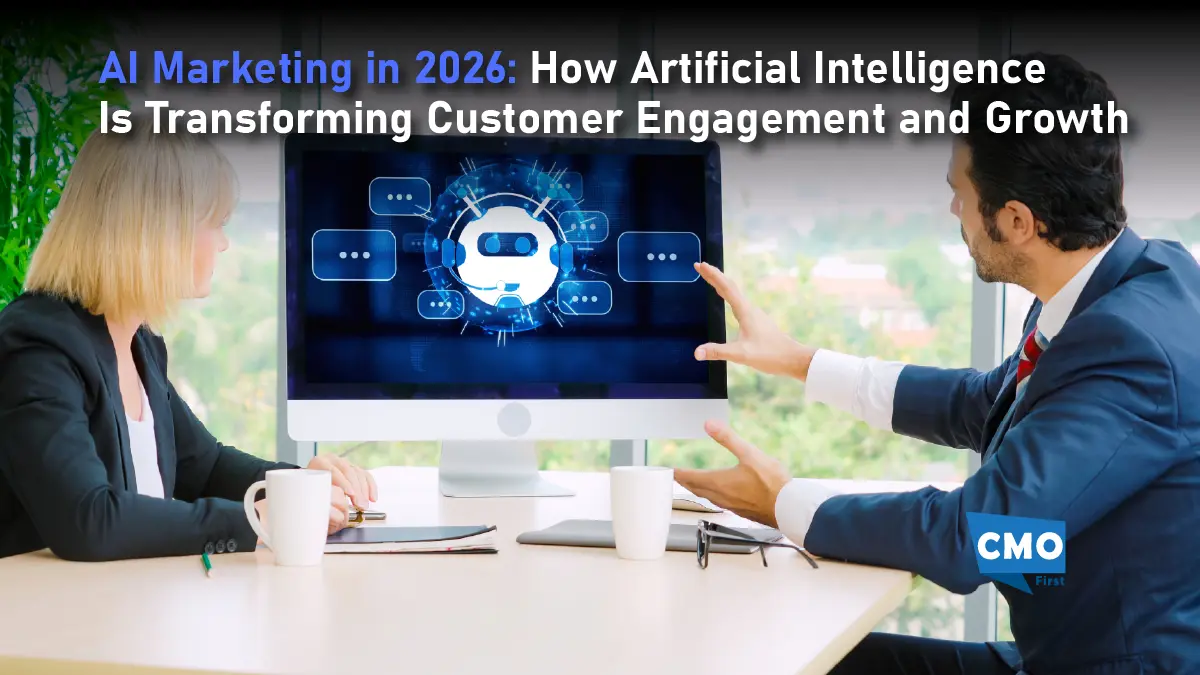
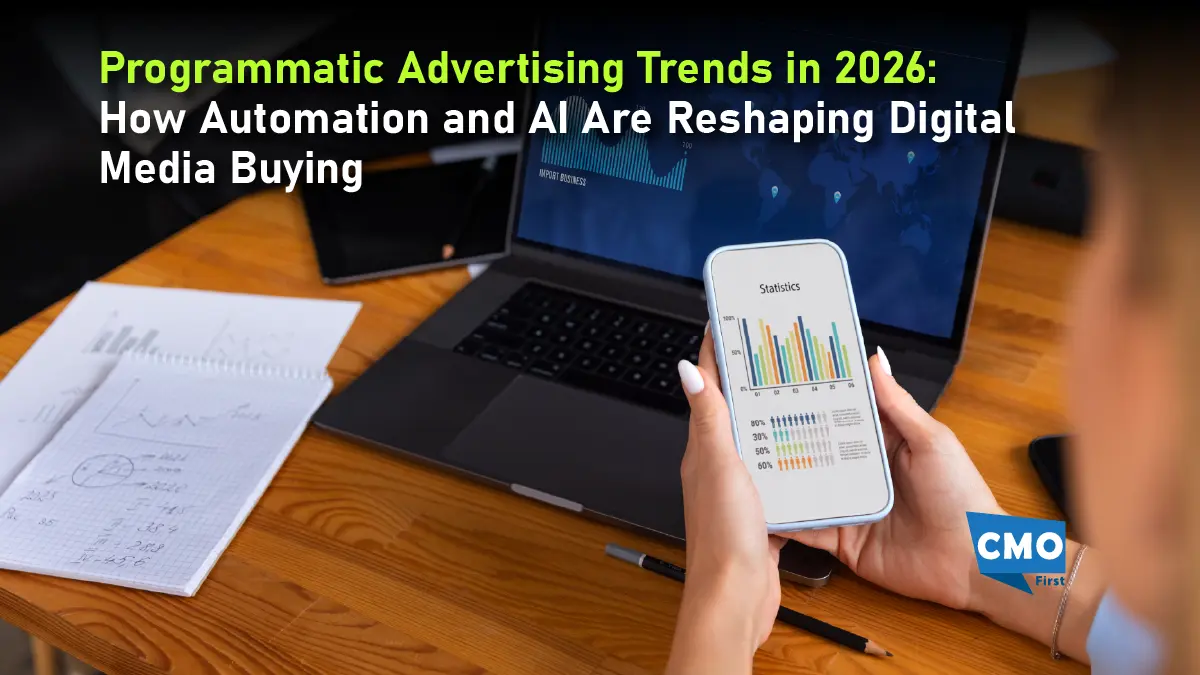

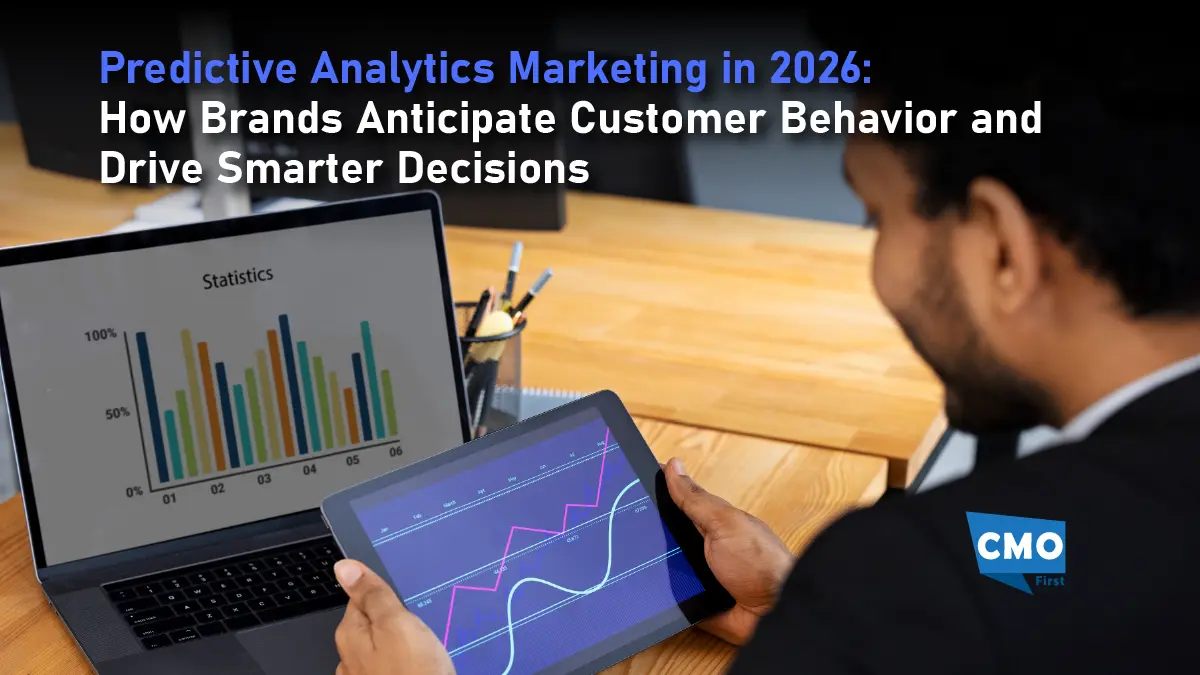
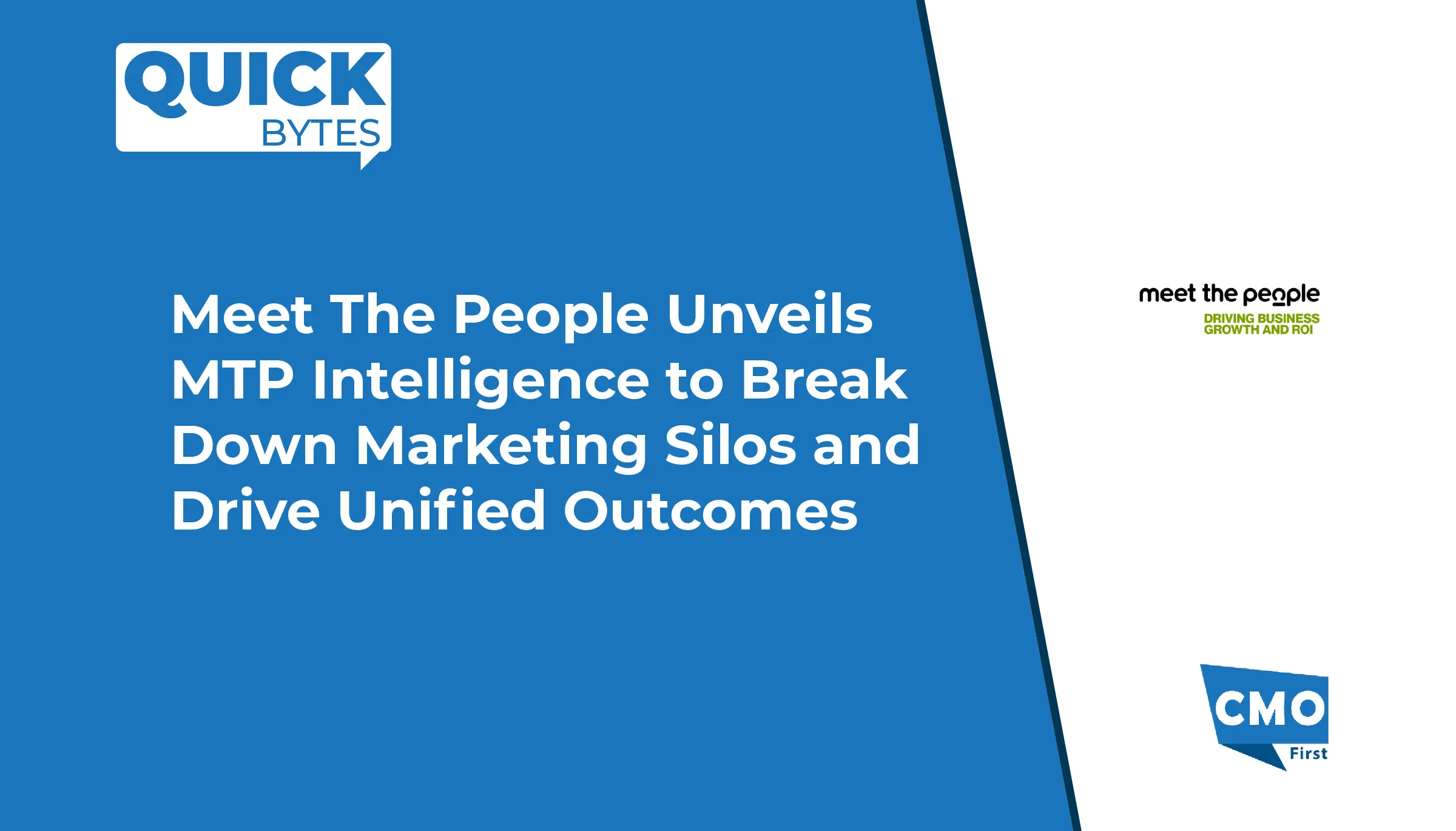
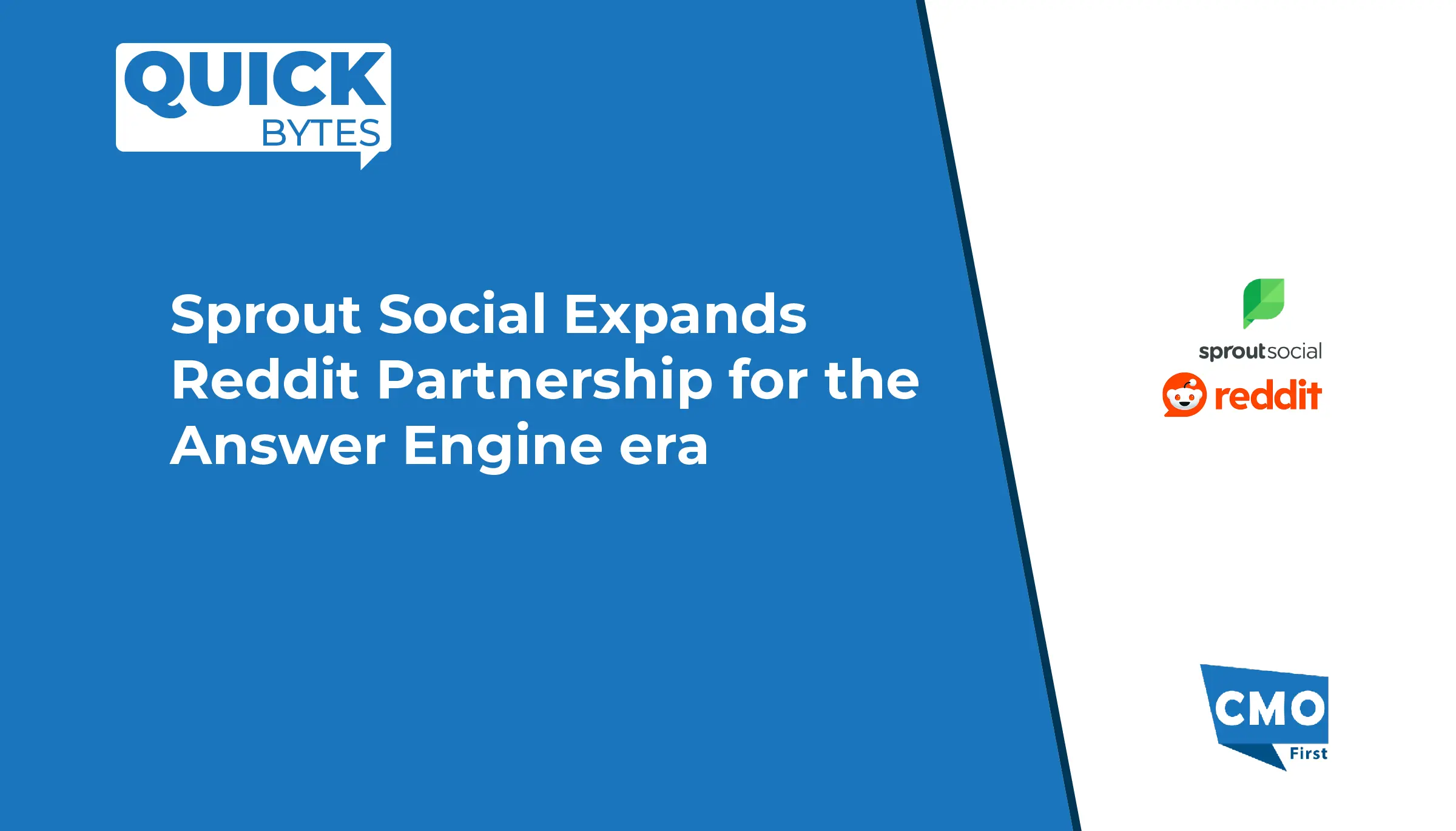
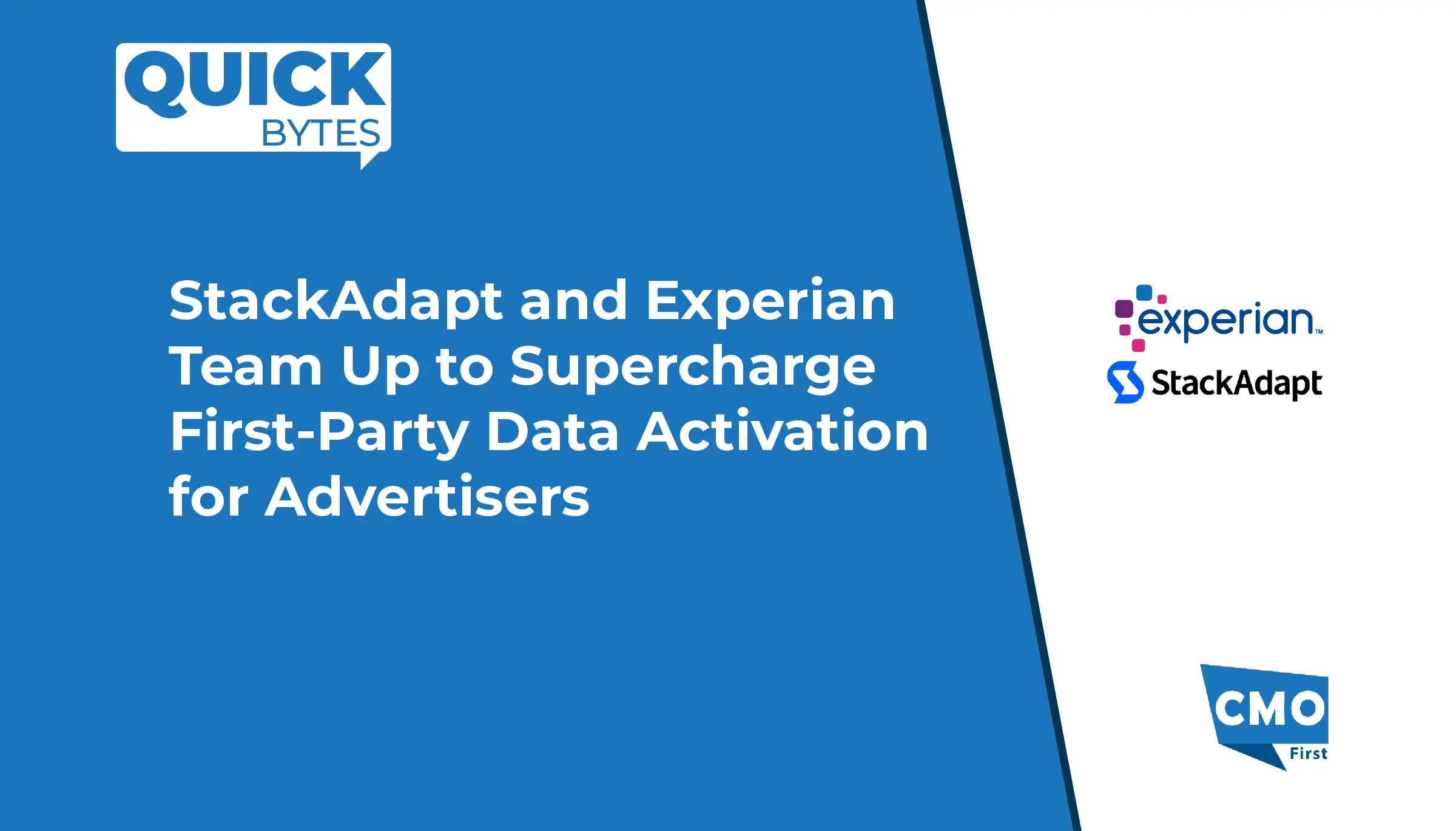
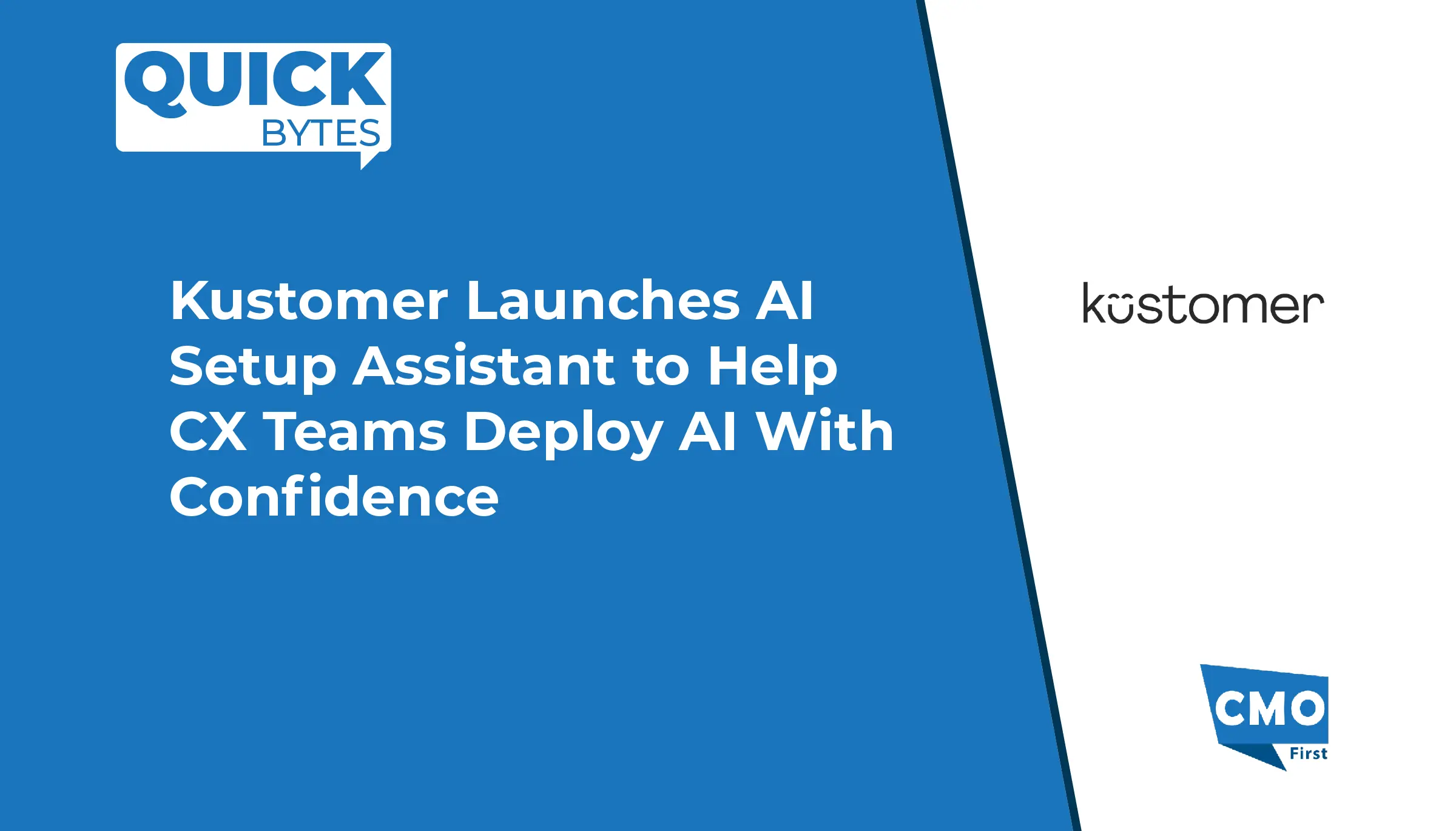
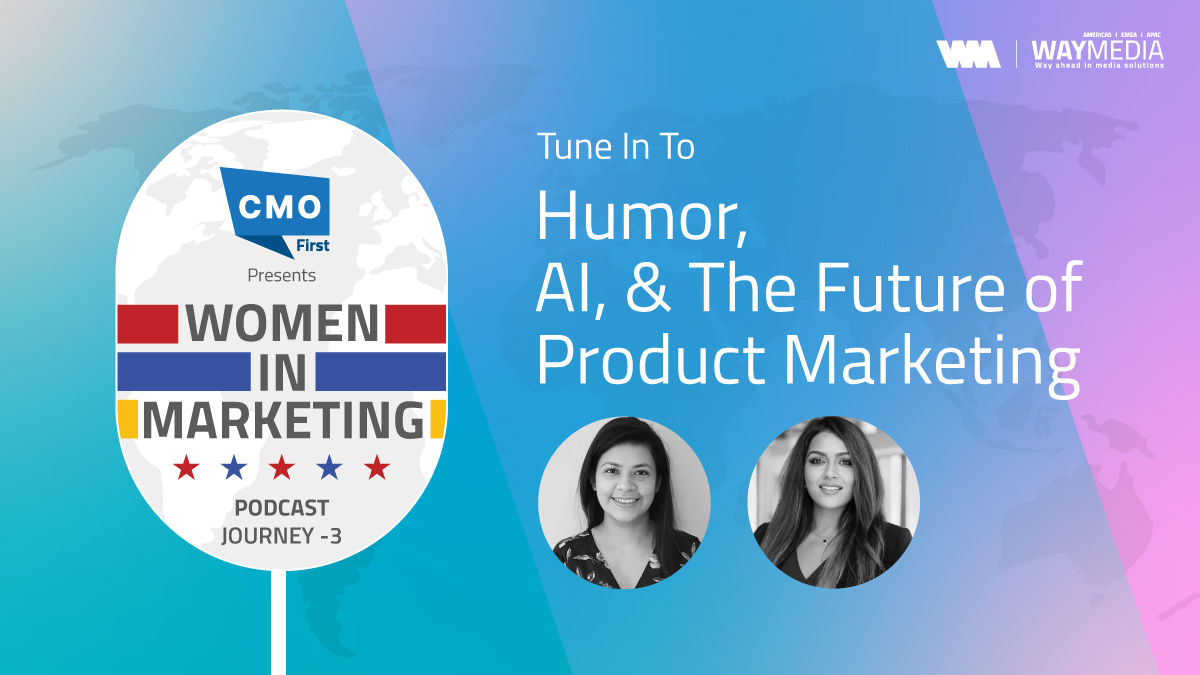
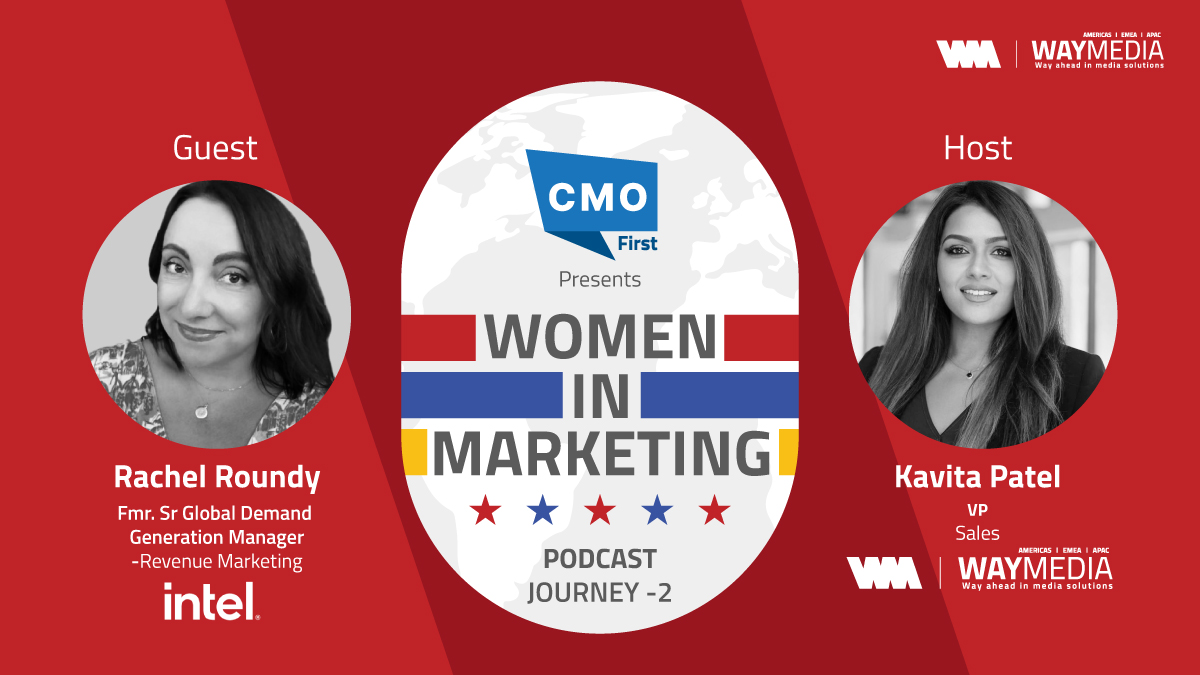
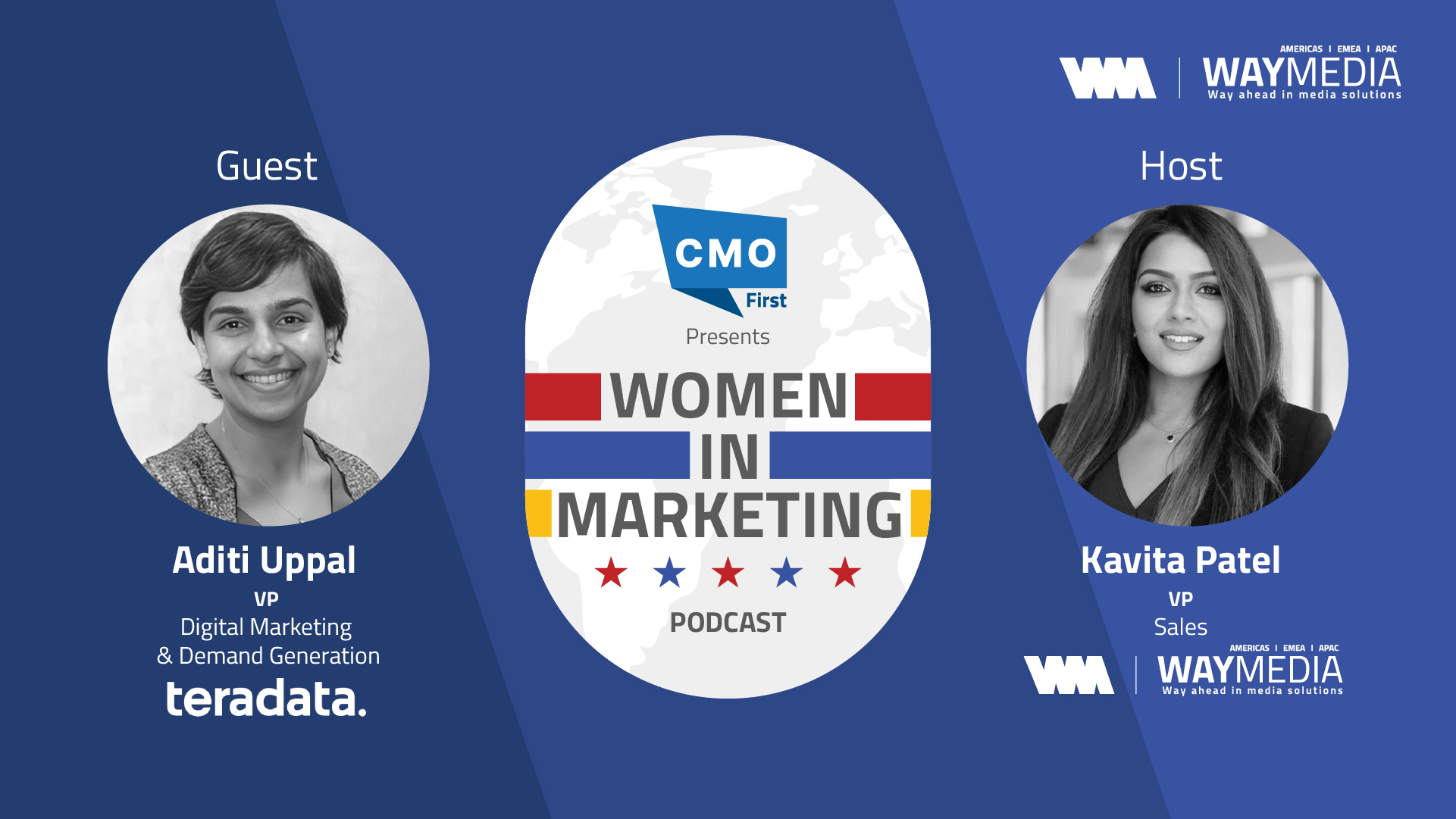
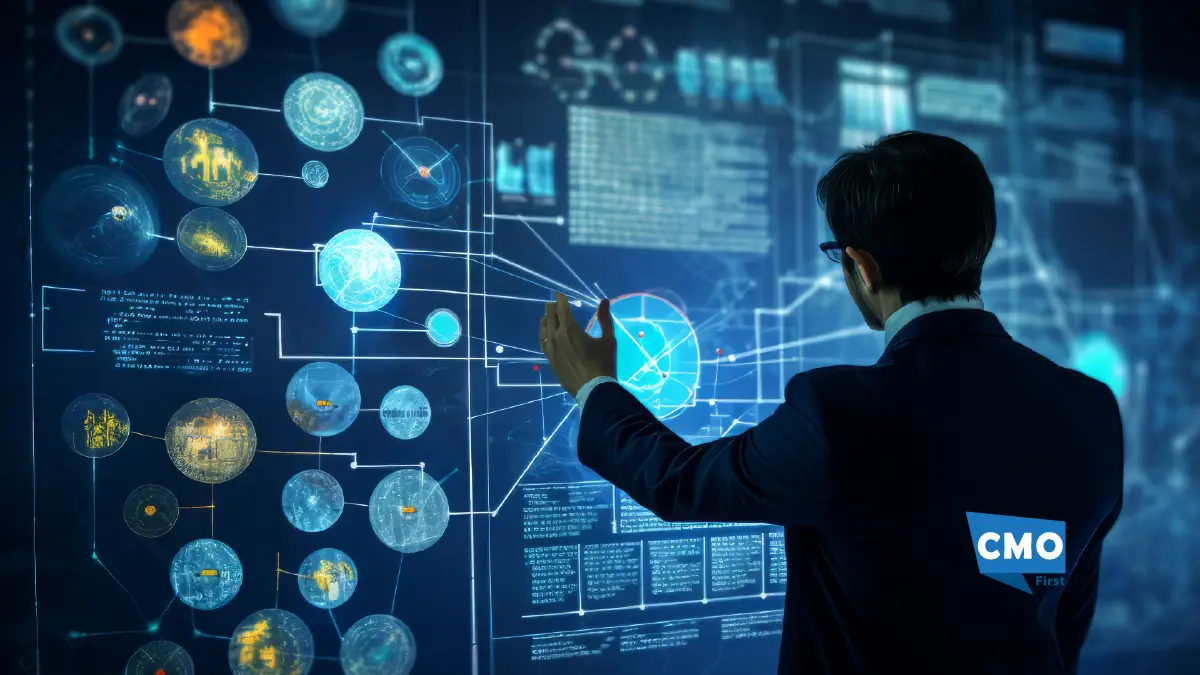
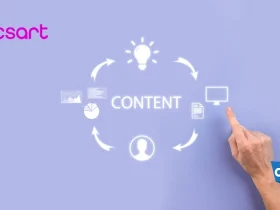
Leave a Reply